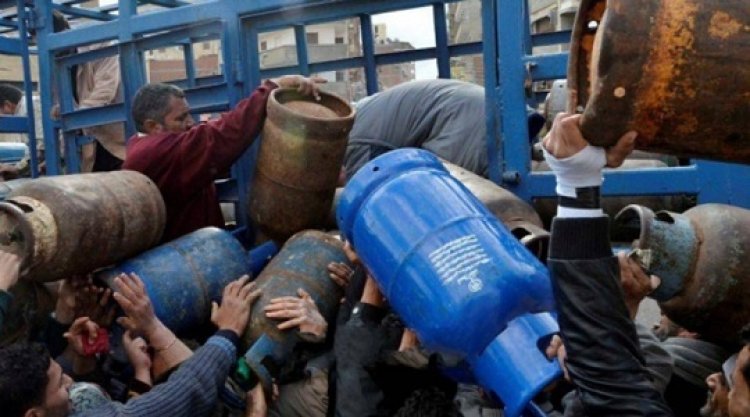Million resignation in the public and private sector in Syria

It seems that Syria is on the verge of destruction and devastation, as there is a defect in all sectors of the state, wholesale resignations that affect government jobs, in addition to the rise in fuel prices, and the rise in prices threatens citizens in general.
In the midst of a deteriorating living situation and low wages due to the Syrian war that broke out in 2011 and whose effects are still continuing until now, 900 thousand employees in the sector have resigned and emigrated.
Million workers flee government jobs
Statistics issued by the Damascus Chamber of Industry indicate that the number of workers who left their jobs in the private sector amounted to about 900 thousand workers.
By the way 200 thousand fled as a result of the war and the rest as a result of travel due to difficult living conditions. As for the public sector, more than 30 thousand workers out of 87,057 workers are unemployed.
According to the Chamber, the industrial sector’s direct losses to the private sector amounted to more than 300 billion pounds (Aleppo 250 billion, Hama 2.5 billion, Homs 3 billion, and the rest in Damascus and its countryside).

According to the statistics, the demand for immigration increased after the workers lost hope of solving their problems represented in the failure to rehabilitate the infrastructure, improve the situation of electricity and securing fuel, in addition to the large number of administrative and financing problems, the increase in expenditures, the weakness of the structural structures in it, and the control of non-technical labor over it.
Raise energy prices
It is noteworthy that 70% of workers in the industrial sector do not possess a preparatory certificate, as most companies lack modern managements and advanced technology, in addition to the old and sagging machines and capital equipment used in it, especially in the public sector, due to the difficulties of replacing and renewing them, and the adoption of a labor intensity policy on Capital-intensive calculation due to the policy of cheap labor wages, which led to poor production technology.
High prices in the markets
It seems that the destruction included all sectors of the state, as the increase in the prices of energy carriers led to an increase in the costs of production and shipping, as well as an increase in prices in the markets, and a number of factories that were already suffering from stagnation and weak exports stopped, especially since many industrial and craft areas have large interruptions in electrical supply.

Bulk resignations in the public sector
For its part, the Directorate of Education in the government of the Assad militia in Daraa governorate confirmed that it receives about 10 resignation requests per day, due to the lack of salaries received by employees, as the employee receives a monthly salary of 120 thousand Syrian pounds, while transportation alone reaches 85 thousand pounds, i.e. three salary quarters.
Last October, the United Nations Under-Secretary-General for Humanitarian Affairs, Martin Griffiths, estimated the number of Syrians living below the poverty line at more than 90 percent of the total population, while a report published recently by the British magazine The Economist classified the capital, Damascus, as the worst city to live in in the Middle East and Africa.


 Shrouq
Shrouq 












